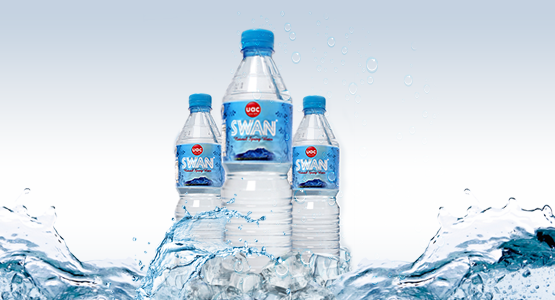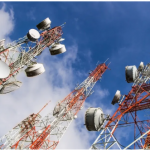GODDIE OFOSE, Lagos
The importance of drinking water can never be over-emphasized. Most importantly, drinking water helps maintain the balance of body fluids.
The body is composed of about 60 per cent water, which aids in digestion, absorption, circulation, creation of saliva, transportation of nutrients and maintenance of body temperature.
In Nigeria, most people take safe drinking water for granted. Nowadays, all sorts of table water are in the market. Most of these products are somehow unsafe for human consumption. Today, the common drinking water amongst Nigerians is sachet water, otherwise known as ‘pure water’ among the consumers.
To combat the growing health challenges caused by drinking unsafe water, in 2005, the National Council of Water Resources (NCWR) recognised the need to urgently establish acceptable Nigerian standard for drinking water quality because it was observed that the “Nigerian Industrial Standard for Potable Water” instituted by Standards Organisation of Nigeria and the “National Guidelines and Standards for Water Quality in Nigeria” of the Federal Ministry of Environment did not receive a wide acceptance by stakeholders in the water sector.
Since water quality issues are health related issues, the Federal Ministry of Health, in collaboration with the Standards Organisation of Nigeria, the only body responsible for developing national standards in Nigeria, and working through a technical committee of key stakeholders developed standard for the water industry sector.
However, these agencies may have encountered challenges covering the entire country, hence, the huge number of unbranded and unsafe potable drinking water in circulation in the country.
Investigations have revealed that there are over five hundred different bottled water brands (branded and unbranded) in the Nigerian market, besides uncountable number of sachet water brands.
Apart from the number of water brands in Nigeria, quality and processes have been massively compromised. Most known brands in the category have been reported in the past to have tempered with quality and tinkered with the process.
In spite of the compromising stance of some bottled water brands in Nigeria, one brand remains resolute over its brand quality and claims.
In pursuit of finding solution to the Nigeria’s drinking water challenge, Swan Naturally Spring Water was introduced by UACN thirty-four years ago. The brand pioneered the country’s first premium bottled water with the tagline “We don’t make water, nature does”. The brand has remained a household name as a result of the quality measures put into the production process.
Commenting on its natural source, the General Manager, Marketing of UAC Foods, Mrs. Joan Ihekwaba, said, “Swan water provides the consumers with the peace of mind they require to be their best and be in control. The brands positive image results from consistently providing consumers with safe and pure drinking water that refreshes and supports their quest for total wellness”.
Over the years, Swan has been true to its promise of remaining natural as it does not undergo any form of chemical interference, resulting in the retaining of the natural minerals present in the water which are very essential for proper functioning of the body organs and cells.
Sourced from the natural Spring of Kerang Hills, situated in the highlands of Mangu in Plateau State, Swan has remained in the forefront despite the emergence of several other brands of table water.
According to Mrs. Ihekwaba, Swan natural spring water possesses distinctive qualities and health benefits like magnesium, sodium, calcium, bicarbonate, potassium and other essential minerals which other bottled water brands do not posses.
“Swan table water passes through series of complex cavities, thereby, absorbing natural minerals on its way. It is filtered through ultra violet light to destroy all micro-organisms if present,” she said.
The brand of water does not undergo any form of chemical treatment in this process. Hence, the reason it has remained clean and safe for drinking, said Dr. Emmanuel Archiobong, an environmentalist.
Speaking on the differences between natural spring water and ordinary table water, Archiobong emphasized that spring water is sourced from natural springs where layers of underground rocks act as natural filters as the water flows upwards keeping it clean and fresh.
Experts say table water is sourced from underground pipes which are usually prone to damage and make the water unclean; as a result table water has to be chemically treated to make it safe for consumption.
However, a water engineer, Mr. Bankole Adekanmi, stated that “Spring water does not need to be subjected to potentially harmful chemical treatments. Conversely, table water needs to be purified with chemicals like chlorine and sometimes fluoride. Consumption of such chemically treated water overtime may cause a dangerous build-up of chemicals in the body”.
It is believed that many consumers would rather not want to jeopardize their health but remain faithful to a brand of water that has remained faithful to their health. Hence, consumers are advised to continue making a healthy choice for their lifestyles by consuming spring water















































